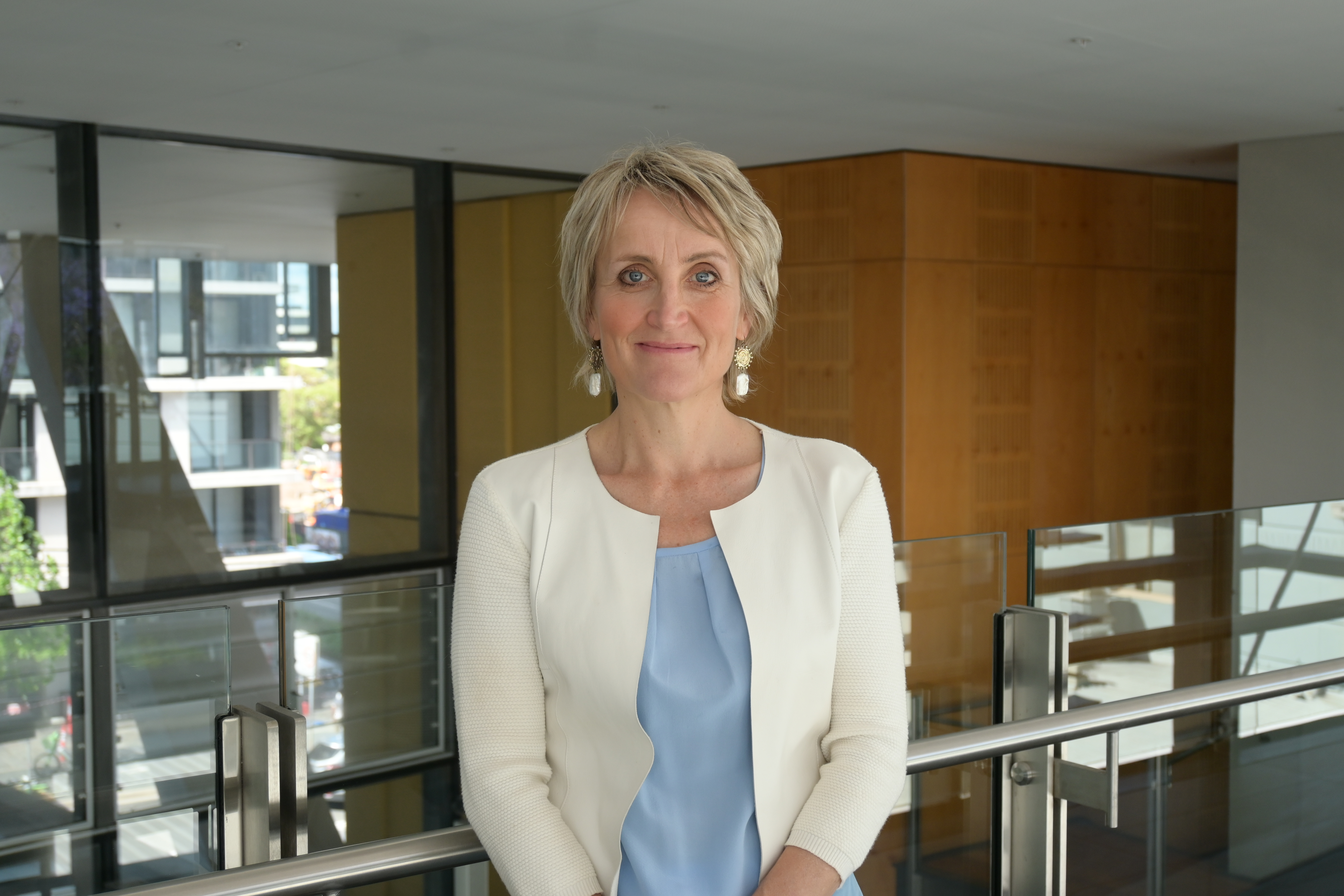National Drug and Alchol Research Centre (NDARC)
Substance dependence impacts not only people who are experiencing problems, but their families and communities. Effective treatments such as opioid agonist treatment are available for opioid dependence, but there are few effective options for methamphetamine, and little is known about client and families’ experiences of seeking help. This PhD will explore the barriers and facilitators of substance use therapies from varied perspectives using a mixed method approach. It will explore how to optimise interventions through attaining insights from individuals who consume drugs, their family members, the community, health care workers and service providers.
The PhD will:
- Examine client access to different treatment modalities, and factors influencing exploration of improved delivery systems (including novel depot opioid treatments, which have recently been registered in Australia), through the CoLAB study
- Explore families’ experiences of the onset of problematic use of drugs and their access to models of support for families and carers of people with dependent use
- Explore, using routine data collections on drug treatment, the extent of treatment utilisation and retention in treatment
- Using data from the Family Drug Support program, examine families’ access to this service and their patterns of engagement
Primary supervisor: Professor Michael Farrell
Joint supervisor: Dr Julia Lappin
Secondary supervisor: Scientia Professor Louisa Degenhardt
Candidate requirements:
- Masters or Honours in public health, epidemiology, social sciences or a related field
- Strong skills in quantitative analysis
- Track record of publication of peer-reviewed scientific articles
- Excellent written and verbal communication skills
How to Apply
For more information about this project please contact Professor Michael Farrell (Michael.farrell@unsw.edu.au).
- Overview
- News
- Our team
- References



